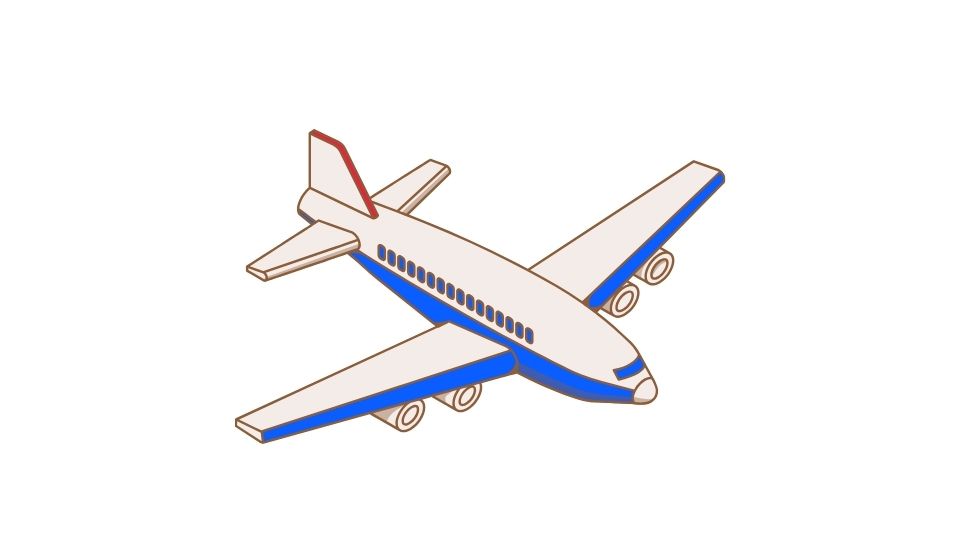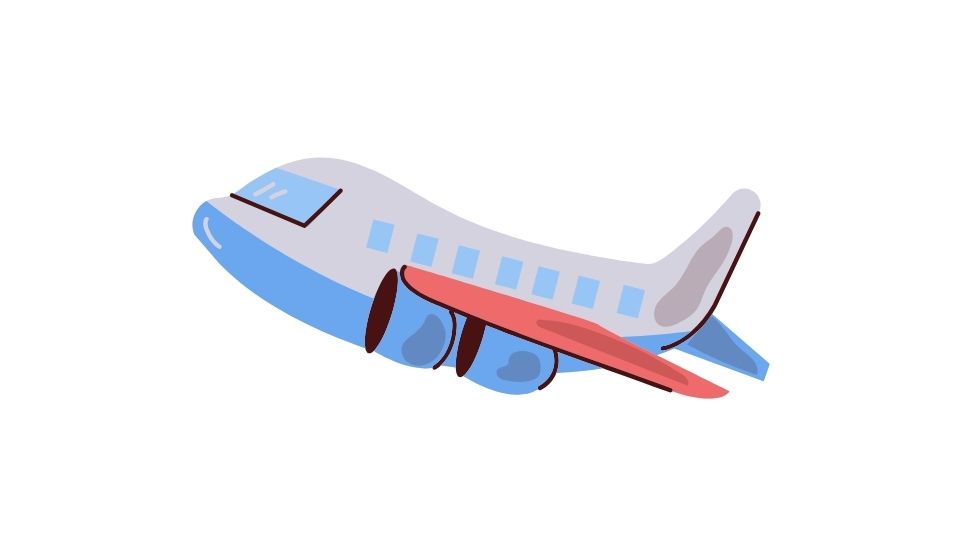How airplanes completely transformed the way we do business globally.
Ever wonder how those fancy metal tubes in the sky changed the entire game of global business?
Well, airplanes didn’t just make it easier to visit Grandma for Christmas – they fundamentally rewired how companies operate, connect, and compete worldwide.
The speed, range, and reliability of air travel and air cargo have compressed time and space in ways our great-grandparents could never imagine. From just-in-time deliveries of critical parts to executives hopping continents for morning meetings, aviation is the invisible backbone holding up our global economy.
Let’s break down exactly how these flying machines revolutionized business as we know it.

How Airplanes Changed Global Business Forever
1. Supercharged global trade and supply chains

Air cargo might only represent less than 1% of global trade by volume, but it accounts for a whopping 35% of trade by value – that’s more than $6 trillion worth of goods flying through the skies annually!
Why such a disparity? Because air freight specializes in moving:
- High-value products (think electronics, pharmaceuticals)
- Time-sensitive items (fresh flowers, fashion)
- Emergency components (machine parts when production lines break)
- Perishable goods (seafood, specialty foods)
Before planes, if you wanted to ship something from Tokyo to New York, you were looking at weeks or months by sea. Now? Less than 24 hours. This incredible speed allows businesses to run lean operations with minimal inventory, saving massive storage costs while responding lightning-fast to market changes.
As one logistics expert puts it: “Air freight didn’t just speed up global trade – it made entirely new business models possible.”
2. Expanded market reach and enabled time-critical business
Remember when “going global” meant setting up physical offices and spending months establishing operations in each new country? Yeah, airplanes changed all that.
Now executives can:
- Fly to multiple international meetings in a single week
- Personally inspect facilities across continents
- Close deals face-to-face with partners thousands of miles away
- Enter and test new markets rapidly
This connectivity has absolutely exploded business opportunities in emerging markets. Regions like Southeast Asia, the Middle East, and parts of Africa have seen economic booms partly thanks to increased air connectivity making them accessible to global commerce.
Non-stop flights between major business hubs (like London-Singapore or New York-Hong Kong) create vital “business corridors” where ideas, people, and investments flow freely, fueling innovation and growth in ways impossible without aviation.
3. Sparked digital transformation and technological innovation
The airline industry has been at the forefront of adopting cutting-edge technologies, becoming a model for other businesses to follow.
Think about it:
- AI-powered systems optimize everything from flight paths to fuel usage
- Predictive maintenance keeps planes in the air and reduces costly downtime
- Automated check-ins and boarding improve efficiency and customer experience
- Advanced logistics software tracks millions of packages in real-time
These innovations have spilled over into countless other industries. The complex tracking systems developed for air cargo now help companies monitor products throughout entire supply chains. The predictive algorithms that airlines use for demand forecasting have been adapted for everything from retail to manufacturing.
As one tech analyst noted, “Airlines operate in such thin margins with such complex systems that they’ve had to become technology companies as much as transportation companies.”
4. Created unprecedented human connectivity and collaboration

Perhaps the most profound business impact of aviation is how it’s enabled human connections across vast distances.
Before air travel was common:
- International business partnerships required months of correspondence
- Cultural misunderstandings were common without face-to-face meetings
- Knowledge transfer happened slowly through written exchanges
- Trust was harder to build across distances
Now, teams can collaborate across continents, executives can maintain relationships with global partners, and companies can tap into worldwide talent pools. This human element of aviation has accelerated innovation and knowledge exchange in ways that digital communication alone simply cannot match.
The tourism industry (worth over $1.9 trillion globally) owes its existence largely to aviation, creating economic opportunities in places that would otherwise be isolated from global markets.
The Bigger Picture: Aviation as Economic Backbone
The aviation sector itself is an economic powerhouse, supporting around $4.1 trillion of global economic activity and over 86 million jobs worldwide. But its true impact goes far beyond direct employment or revenue.
As one major study found, increasing air connectivity correlates strongly with productivity growth, foreign direct investment, and export diversification. Each 10% increase in connectivity has been linked to a 0.5% increase in GDP per capita.
The Future: Sustainability and New Frontiers

The aviation industry faces serious challenges around sustainability. Airlines are investing in:
- Sustainable aviation fuels that reduce carbon emissions
- More fuel-efficient aircraft designs
- Optimized flight operations to minimize environmental impact
These green initiatives might increase costs short-term but could provide long-term benefits as regulations tighten and consumers demand more eco-friendly business practices.
Meanwhile, emerging technologies like urban air mobility and cargo drones are poised to revolutionize short-distance logistics, potentially solving “last mile” delivery challenges that currently plague e-commerce.
The Bottom Line

Airplanes haven’t just changed how we move stuff around—they’ve fundamentally transformed:
- How businesses structure their operations (global instead of local)
- The speed at which companies can respond to opportunities and threats
- Which markets are accessible for growth and expansion
- How people collaborate and build relationships across cultures
The next time you see a plane overhead, remember: it’s not just carrying passengers or packages—it’s carrying the lifeblood of our global economy. And that’s pretty darn amazing when you think about it.




